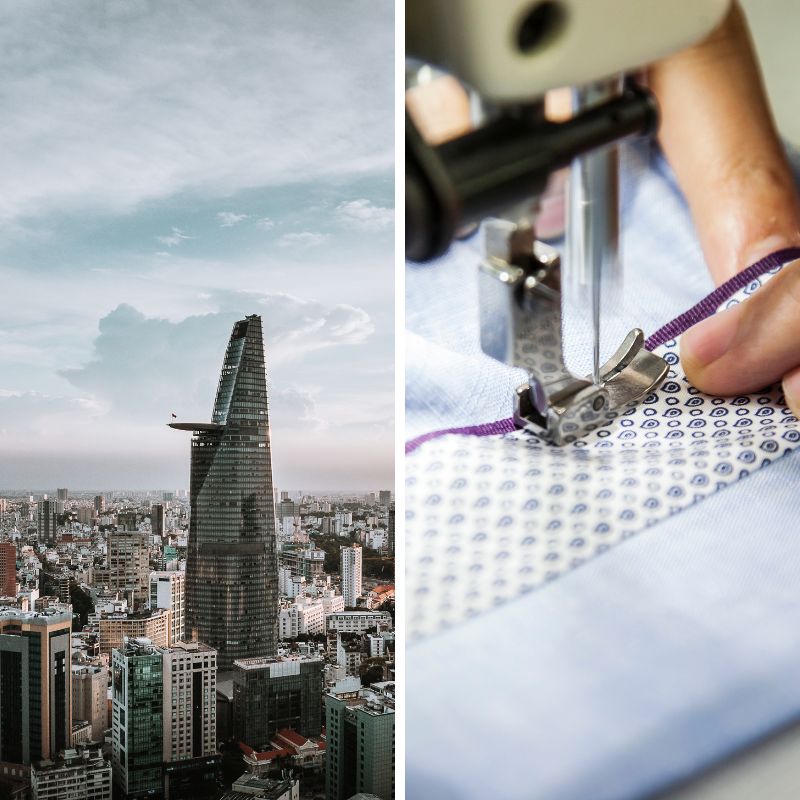Over the past 20 years, a significant shift has occurred in how Vietnamese textile companies handle the ethical aspects of their production, especially regarding supplier selection and management.
This shift is primarily driven by increased awareness of social and environmental issues, consumer demands for transparency, and regulatory changes.
Here’s a comparison of how Vietnamese textile/garment/clothing companies have evolved in this regard:
Vietnamese textile manufacturers 20 Years Ago:
Limited Focus on Ethics: Two decades ago, many textile factories focused on cost reduction and efficiency in their supply chains. Ethical considerations were often secondary or even overlooked.
Limited Transparency: Transparency in supply chains was rare. Vietnamese textile manufacturers didn’t always know the exact origins of the components or materials they used, making it challenging to ensure ethical practices.
Reactive Approach: Ethical issues were often addressed on a case-by-case basis, typically in response to public scandals or negative media coverage. Companies would react to crises rather than proactively managing ethics.
Limited Regulations: There were fewer regulations and standards related to ethical practices in supply chains. This allowed companies more freedom in their sourcing decisions but also meant there was less guidance on ethical considerations.
Vietnamese textile manufacturers Today:
Ethics as a Priority: Nowadays clothing manufacturers for eg. place a much stronger emphasis on ethics and sustainability throughout their supply chains. Ethical considerations are integrated into overall business strategies.
Transparency and Traceability: The demand for transparency has led to greater traceability in supply chains. Companies are expected to know where their materials come from and ensure they meet ethical and environmental standards.
Proactive Approach: Businesses are increasingly proactive in addressing ethical issues. They implement codes of conduct, ethical guidelines, and regular assessments of suppliers to prevent potential issues before they arise.
Regulations and Standards: There has been a rise in regulations and international standards that focus on ethical production, labor rights, environmental impact, and more. These regulations have pushed companies to adopt more responsible practices.
Consumer Influence: Consumer awareness and demand for ethically produced goods have grown substantially. Vietnamese garment factories recognize that ethical sourcing can be a competitive advantage and address consumer concerns.
Supplier Collaboration: Today, companies often collaborate more closely with their suppliers to ensure adherence to ethical practices. This collaboration includes capacity-building, training, and continuous improvement initiatives.
Risk Mitigation: Ethical lapses can result in severe reputational damage. Companies now consider ethical aspects as a part of their risk management strategies, recognizing that unethical practices can lead to business disruptions.

